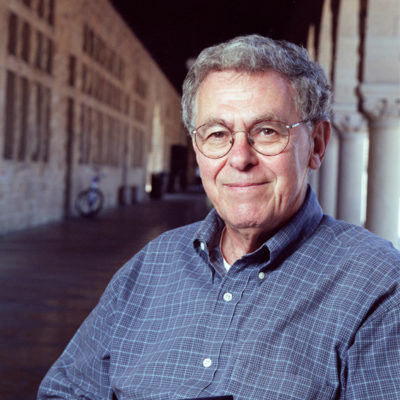Forget High Tech, Jurors And Judge Stick To Notes
Summary
Professor Lawrence Friedman is quoted in the Chicago Tribune on the history of communication between the judge and jurors in the courtroom. Don Babwin filed this story:
In an age when palm-sized computers can fire off electronic messages and cell-phone cameras instantly transmit images, judges communicate with deliberating jurors as teenagers used to do in homeroom when the teacher wasn’t looking: They pass paper notes to each other.
Except sometimes they appear not to be using the same language. With judges using stilted legalese and jurors writing in awkwardly formal English, miscommunication can be common.
…
It wasn’t always this way. Lawrence Friedman, a legal historian at Stanford University, said in the 19th century judges “really did explain things to the jury, not just read them.”
That system evolved over the years to a much more formal system in which judges grew more concerned about having their decisions questioned. They started sticking to what amounted to a legal script, reluctant to improvise because any ambiguity in jury instruction could give attorneys fodder for an appeal.
“Judges didn’t want to be reversed,” he said.

